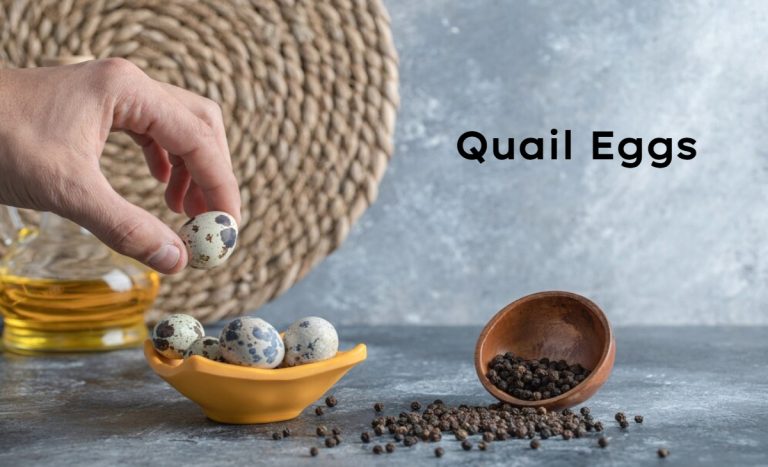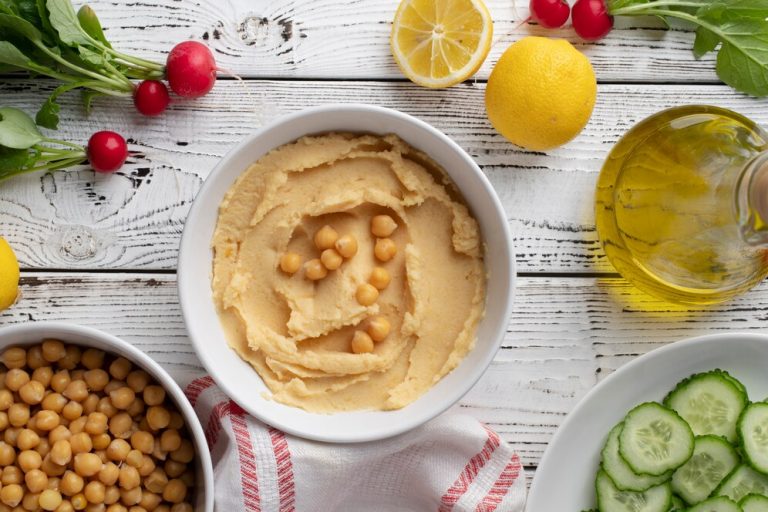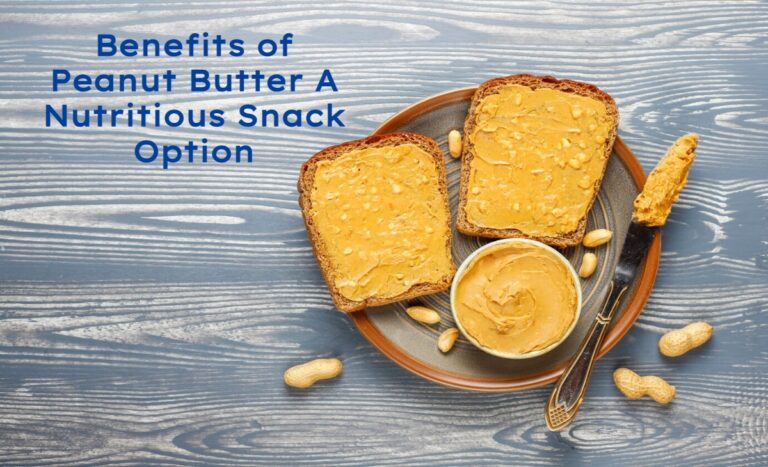Throughout human history, olive oil has been revered not just as a culinary delight but also as a potent symbol of health, purity, and longevity. Mentioned in ancient scripts and still a staple in millions of households today, olive oil is far more than a cooking ingredient. It is a health-boosting elixir packed with nutrients and medicinal properties. Whether drizzled over salads or massaged into the skin, its uses and benefits are remarkably diverse.
In this comprehensive guide, we explore olive oil from every angle imaginable—its types, nutritional profile, and powerful health effects, as well as its practical uses in beauty, wellness, and even traditional medicine. We’ll bust a few myths and provide pro tips on choosing the right kind of olive oil and using it to its full potential.
What is Olive Oil?
Olive oil is extracted from the fruit of the olive tree, scientifically known as Olea europaea, primarily found in Mediterranean regions. The extraction process determines the quality of the oil. The purest and least processed form is extra virgin olive oil, which retains the most nutrients and flavor. Virgin, refined, and light olive oils are also available, each offering different textures, tastes, and nutritional values.
The cultural and culinary roots of olive oil go back over 6,000 years. From Ancient Greece to modern Europe, olive oil was used not only in food but also as medicine and even fuel for lamps.
Nutritional Profile of Olive Oil
Olive oil is predominantly composed of monounsaturated fats, particularly oleic acid, which makes up around 70–80% of its fat content. This type of fat is considered heart-healthy and helps reduce bad cholesterol levels.
It’s also a source of:
-
Vitamin E
-
Vitamin K
-
Polyphenols
-
Squalene
-
Chlorophyll
The polyphenols act as antioxidants that combat oxidative stress, a significant factor in chronic diseases like cancer and cardiovascular problems. Olive oil’s simplicity hides a dense nutritional punch that modern science is only beginning to fully appreciate.
Heart Health and Olive Oil

The heart is perhaps the biggest beneficiary of olive oil. Numerous studies have linked olive oil consumption with improved cardiovascular function, thanks to its anti-inflammatory and antioxidant properties. The oleic acid and polyphenols help maintain the elasticity of blood vessels, reduce hypertension, and prevent plaque buildup in arteries.
The famous PREDIMED study, conducted in Spain, showed that individuals on a Mediterranean diet supplemented with olive oil had a significantly reduced risk of heart attacks and strokes.
Anti-Inflammatory Power
Inflammation is the root of many chronic conditions. Olive oil’s high antioxidant content, particularly oleocanthal, mimics the effects of ibuprofen, providing natural pain and inflammation relief. Regular consumption helps in managing autoimmune conditions such as rheumatoid arthritis and may reduce the frequency of flare-ups.
Boosting Brain Function
Olive oil nourishes the brain like few other natural substances. Rich in polyphenols and healthy fats, it supports cognitive function and memory retention. Studies show a link between olive oil and reduced risk of Alzheimer’s and other neurodegenerative diseases.
Moreover, antioxidants in olive oil help clear toxic build-up in the brain, slowing the aging process of cognitive faculties.
Managing Diabetes Naturally
For those struggling with blood sugar control, olive oil can be a game-changer. It improves insulin sensitivity and helps regulate glucose levels. When combined with complex carbs and fiber-rich meals, it slows down the digestion of starches, preventing sugar spikes.
Additionally, olive oil’s low glycemic impact makes it ideal for people with Type 2 diabetes.
Olive Oil and Cancer Prevention
Olive oil has demonstrated anti-carcinogenic properties in various lab studies. The antioxidants, especially oleuropein, reduce oxidative stress, which is a key contributor to DNA mutations that lead to cancer. Though not a miracle cure, it’s considered a beneficial addition to an anti-cancer lifestyle.
Populations with high olive oil consumption, like those in the Mediterranean, tend to have lower incidences of certain cancers.
Skin Health and Olive Oil

For centuries, olive oil has been a staple in natural skincare. Its emollient properties help restore skin’s moisture barrier, combat dryness, and improve elasticity. It’s rich in vitamin E and antioxidants that fight premature aging and sun damage.
Used as a moisturizer, makeup remover, or even in DIY face masks, olive oil leaves your skin glowing and soft without harmful chemicals.
Hair Nourishment and Growth
Frizzy, brittle, or dull hair can benefit from the deep-conditioning properties of olive oil. It nourishes the scalp, promotes hair growth, and combats dandruff. Massaging it into the scalp increases blood circulation and stimulates hair follicles.
Hot oil treatments with olive oil can also restore shine and strength to chemically damaged hair.
Cooking with Olive Oil
Contrary to some myths, olive oil can be used in cooking without losing its health benefits. While extra virgin olive oil is ideal for dressings and low-heat sautéing, refined versions work well for frying and roasting. The oil has a smoke point between 375–420°F, making it versatile in the kitchen.
In baking, it can be a healthier alternative to butter, adding richness without saturated fats.
Conclusion
Olive oil is one of nature’s most generous gifts, offering a treasure trove of benefits for your body, mind, and soul. Whether you’re savoring its smooth richness in food, applying it to your skin, or using it for its medicinal qualities, the power of olive oil is undeniable. Embrace this liquid gold in your daily life and enjoy its full spectrum of wellness advantages.







